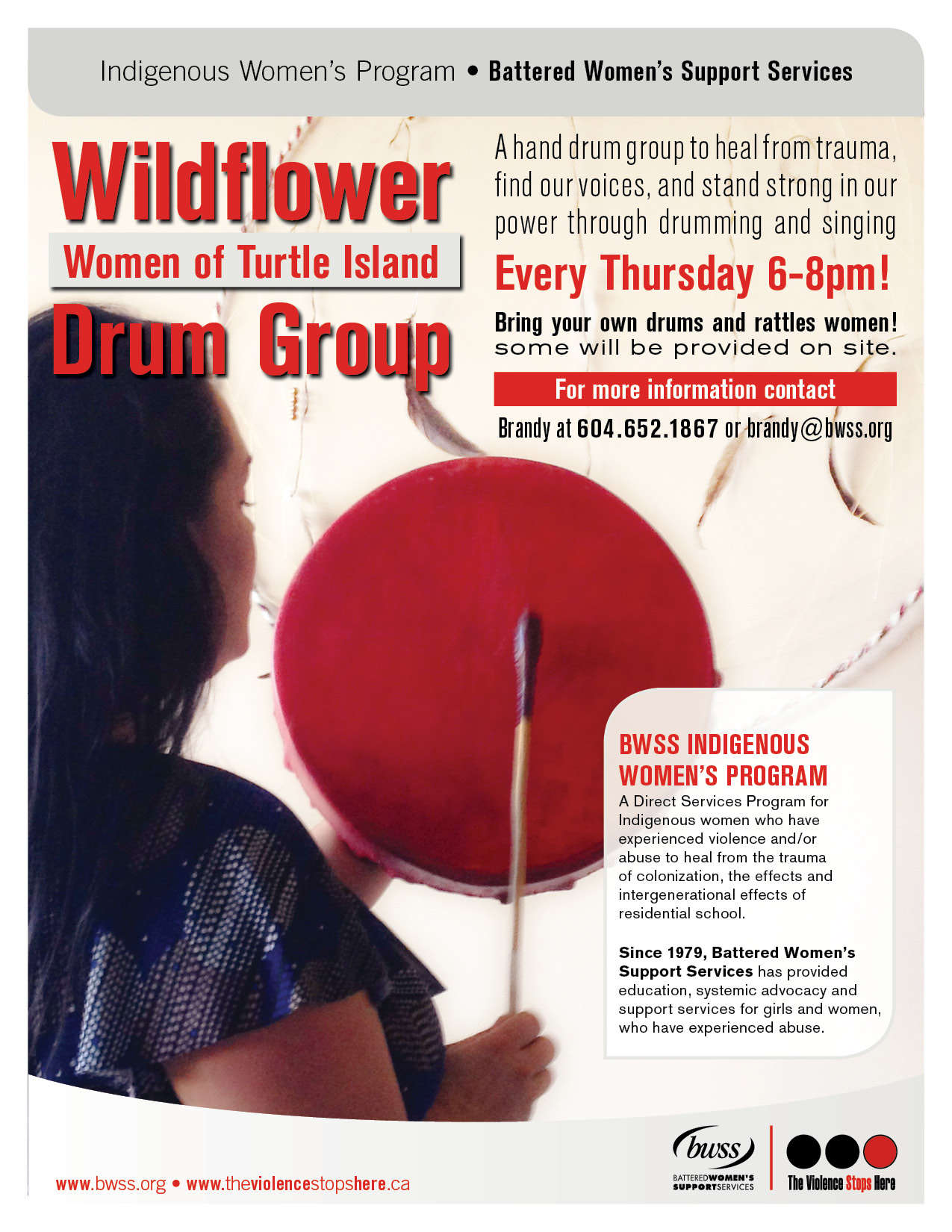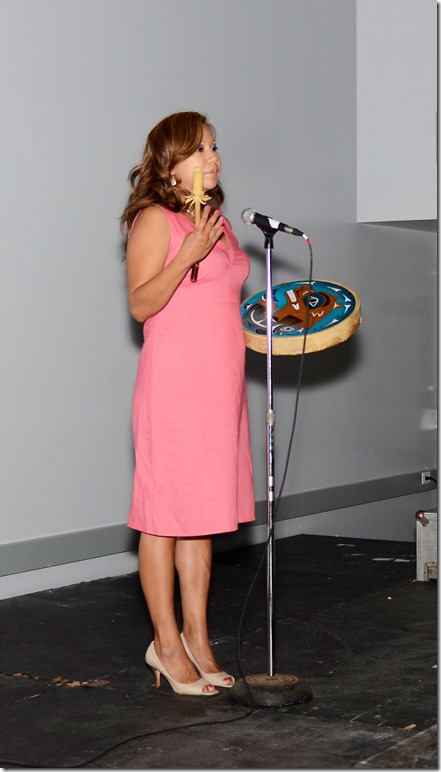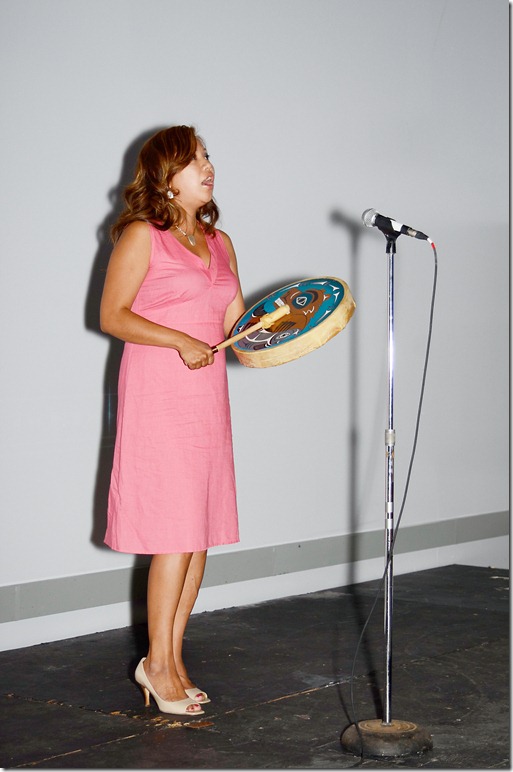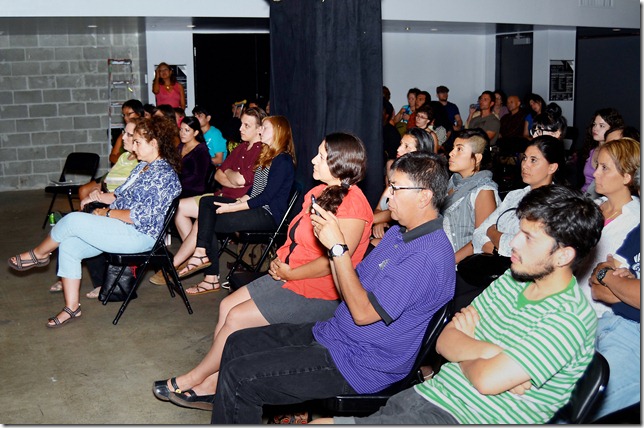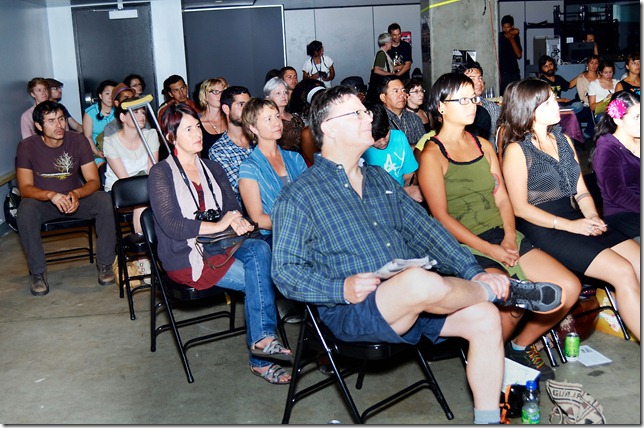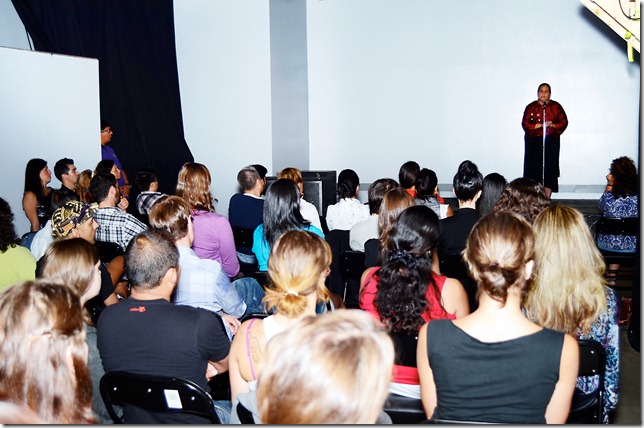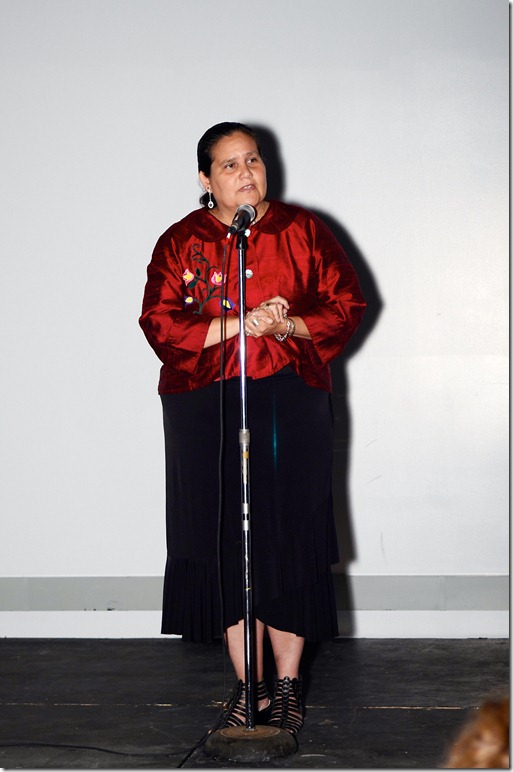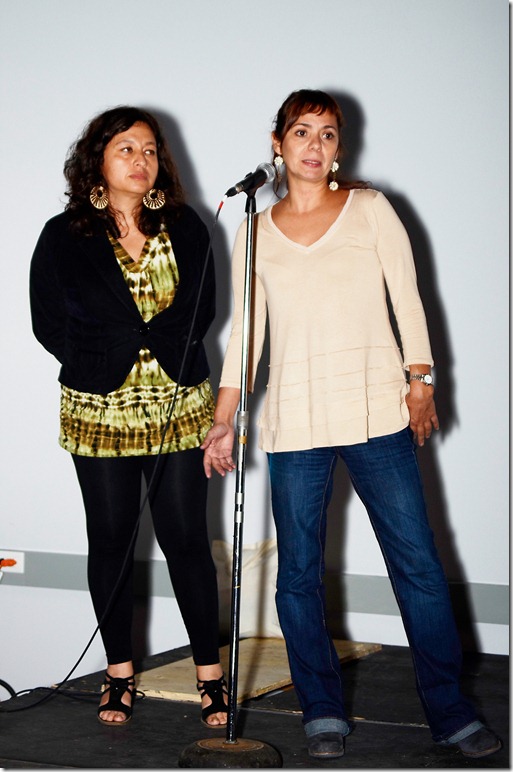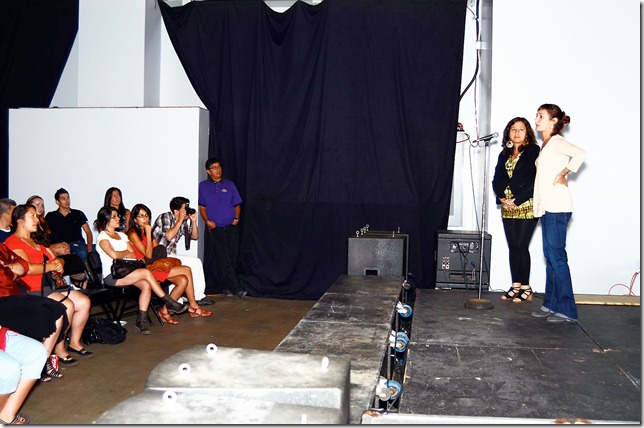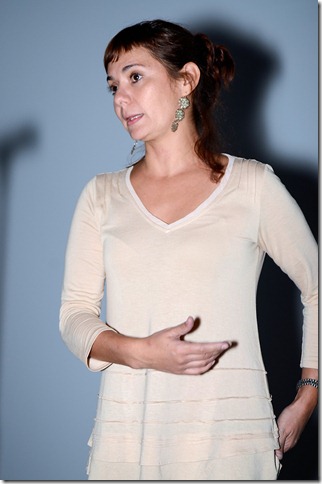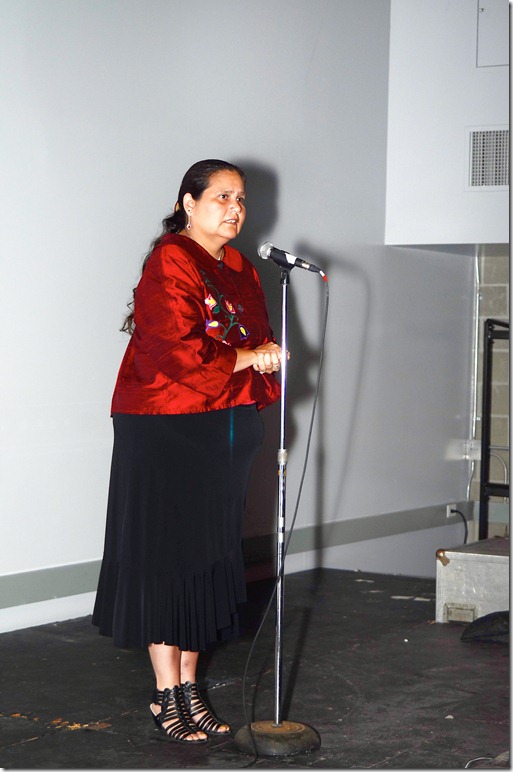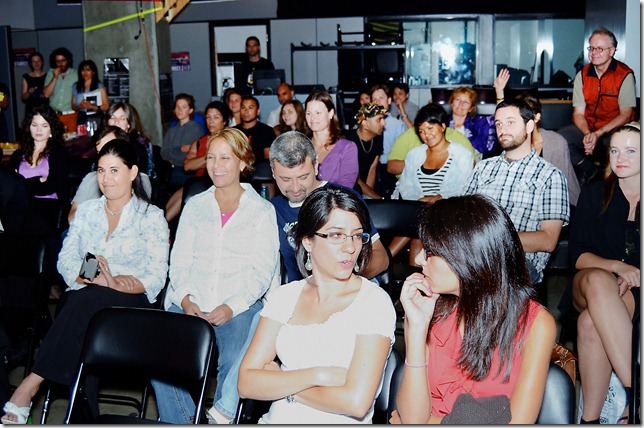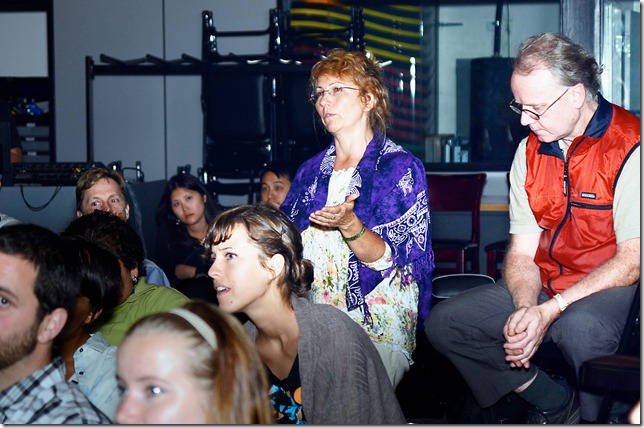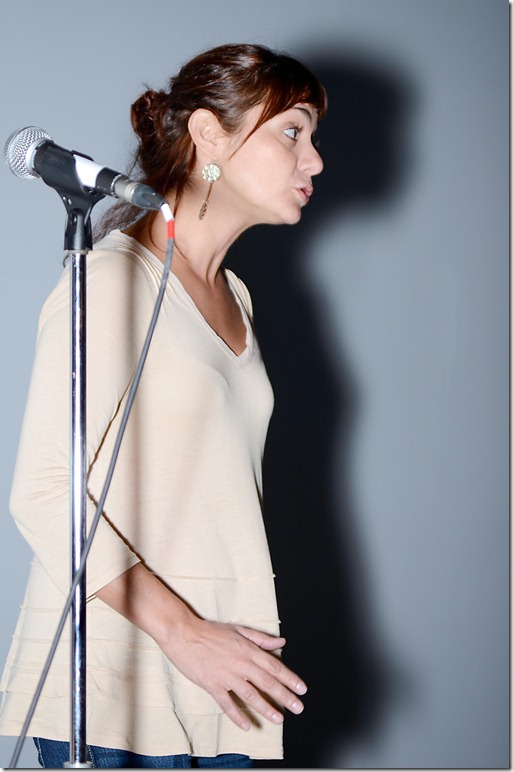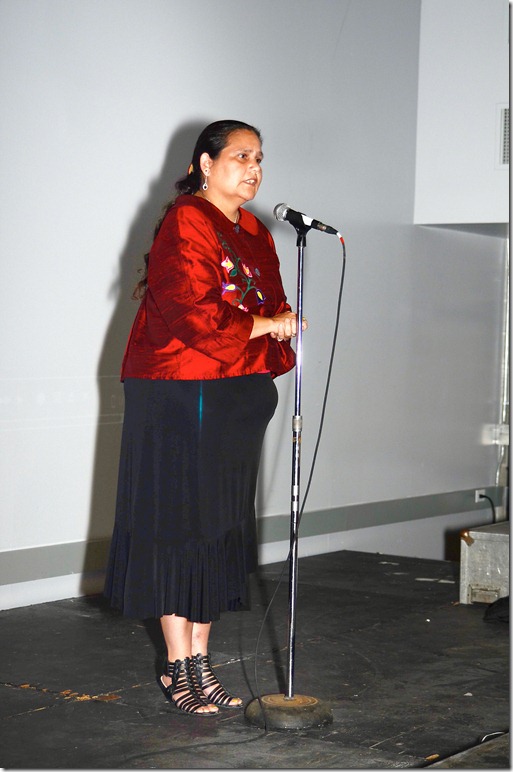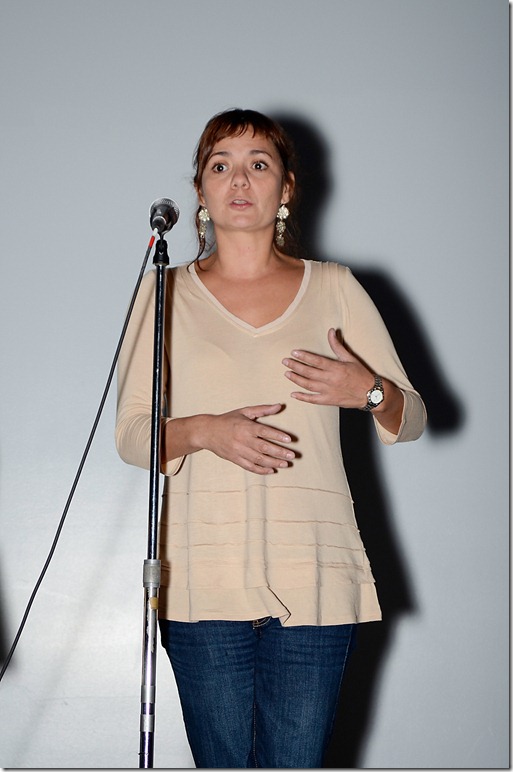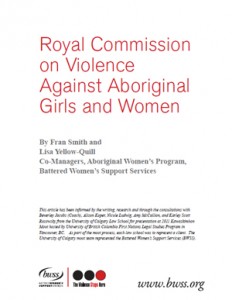BLUEPRINT FOR AN INQUIRY
Learning from the Failures of the Missing Women Commission of Inquiry
From the perspective of the hundreds of marginalized women who protested the Missing Women Commission of Inquiry (“the Inquiry”) every morning for the first month of hearings, the Inquiry was an absolute failure. This perspective is shared by the B.C. Civil Liberties Association, Pivot Legal Society and West Coast LEAF, the human and democratic rights organizations that produced this report.
The Inquiry was set up to examine the problems arising from investigations of the disappearance and murder of dozens of women in Vancouver’s Downtown Eastside (“DTES”), and particularly the investigation of serial murderer Robert William Pickton. Out of the failures of the Inquiry, which are well documented and understood in the affected communities, the hope of the authors is that a positive legacy can still be uncovered.
If nothing else, this Inquiry demonstrates what should not be done in conducting a public inquiry involving marginalized communities. It therefore functions as a useful lesson for similar inquiries in the future, no matter where they take place. This report does not focus on the nuances of B.C. provincial law, but instead on broad trends and procedural approaches that future commissioners of inquiry and their staff may usefully adapt to the particularities of their own jurisdictions.
If there were only one recommendation to come from this report, it would be that commissions of inquiry that intend to work with marginalized populations as witnesses, or inquiries that are called in response to the concerns of marginalized communities, must consult thoroughly at every stage with those communities and the organizations that work with those communities.
Consultation and Collaboration: Voices of the community excluded
The Inquiry excluded the voices of individuals and communities that it should have worked the hardest to include: Aboriginal women, sex workers, women who use drugs, and women living in poverty who were most affected by the Pickton murders and the resulting investigations, and who remain at extremely high risk for violence.
The Commission repeated the very mistakes that led to serial murderer Robert Pickton being able to operate with impunity in the first place – the voices of marginalized women were shoved aside while the “professional” opinions of police and government officials took centre stage. The focus of the Inquiry was directed away from systemic issues, targeting instead individual participants in the system who may not have fulfilled their job requirements as expected.
Please see the report on the Missing Women Commission of Inquiry.

